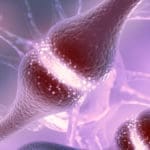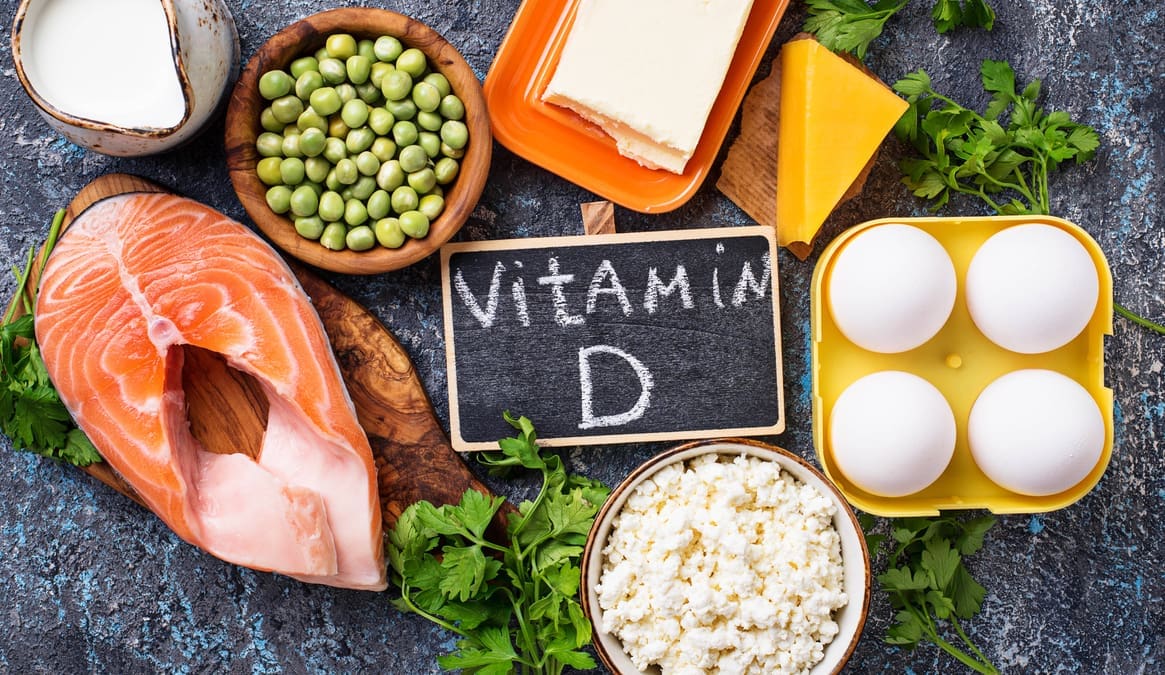If you or a loved one suffers from depression, you may have researched at some point what kinds of nutrients might be linked with this mental illness, including if there is a relationship between vitamin D and depression. There does seem to be a link between vitamin d and depression, but the exact connection is complicated.
What Is Vitamin D?
Vitamin D aids in a variety of important functions, including keeping our bones strong, absorbing other minerals and vitamins, and managing blood sugar levels. Vitamin D is also involved in the synthesis of serotonin and dopamine, both neurochemicals linked to depression. Our bodies absorb vitamin D by being exposed to sunlight and eating certain foods, such as salmon and mushrooms. A vitamin D deficiency has been linked to a variety of health concerns such as bone loss, fatigue, and a weakened immune system.
It can be difficult for some people to maintain adequate levels of vitamin D. People who live in colder climates, for instance, may have trouble receiving enough vitamin D from diet alone. You may also be at a higher risk for a vitamin D deficiency if you have naturally darker skin–people who have darker skin have greater amounts of melanin, which reduces vitamin D production in the skin–or follow a meatless diet.
Is There a Link Between Vitamin D and Depression?
The connection between depression and Vitamin D likely started first being researched because of one type of depression called seasonal affective disorder (SAD). SAD occurs during specific times of the year, usually when there is less sunlight. Like other types of depression, people who have SAD experience symptoms such as intense exhaustion, hopelessness, trouble concentrating, and little interest in activities they used to enjoy. Unlike other forms of depression, however, SAD is cyclical. People with SAD have the same symptoms every year, usually starting in fall and continuing through the winter months.
People who experience SAD can usually benefit from treatments (such as TMS) utilized for other forms of depression. The symptoms are generally the most intense during the winter months, so many of the treatments for SAD relate to helping the patient receive more health benefits of sunlight and light therapy.
Is There a Link Between SAD and Vitamin D?
Since increased exposure to light has been shown to be one of the most effective steps in treating people with SAD, and since a main source of vitamin D is sunlight, it makes sense to conclude that seasonal depression and vitamin D are connected. The actual testing of this hypothesis, however, has wielded mixed results.
For every study saying that vitamin D deficiency and seasonal affective disorder are linked, there is another study out there saying that there is no proven benefit to providing patients with SAD an additional dosage of vitamin D.
Research done so far reinforces how little we know about SAD in general. For example, we don’t know how light therapy works to improve symptoms of SAD. Although light therapy has been proven to be one of the most effective ways to treat seasonal depression, we do not know if this is because of the increased production of vitamin D or some other reaction.
Is There a Link Between Vitamin D and Depression That Is Not Seasonal?
There have been numerous pieces published about how vitamin D and depression seem to be related. Many people with all types of depression, not just SAD, have been shown to have a vitamin D deficiency. One recently published review found substantial evidence for a significant relationship between depression and vitamin D deficiency, but also highlighted the need for more studies to establish the exact causal relationship between the two. It is currently unclear if a vitamin D deficiency puts people at greater risk for depression, if people who experience depression are more likely to develop vitamin D deficiency, or if neither of these is true.
Correlation does not equal causation. Even if it has been observed multiple times by multiple scientific teams that people with depression are more likely to have or be at risk for vitamin D deficiency, we have yet to prove that they directly affect one another. People with depression might simply have lower levels of vitamin D because they tend to exercise less, go outdoors less, and adhere less often to a nutritious diet.
Should I Increase My Vitamin D?
Incorporating more vitamin D into your lifestyle might be a beneficial component of a comprehensive treatment of depression. It certainly does not do any harm to incorporate more vitamin D foods into your diet, such as fatty fishes, dairy products, and mushrooms.
However, there shouldn’t be a rush to buy a vitamin D supplement; studies have given very mixed results as to whether or not vitamin D supplements actually helps depression. Taking vitamin D supplements alone isn’t likely to change your mood. In fact, a 2020 study found that “Vitamin D3 supplementation compared with placebo did not result in statistically significant differences in the incidence and recurrence of depression or clinically relevant depressive symptoms.” If you expect it to work like other antidepressant treatments, you will likely be disappointed.
What About Other Methods For Treating Depression?
In summary, it appears that the association between depression and vitamin D is a small, tenuous one at most. The most recent studies suggest that the connection between vitamin D deficiency and depression either doesn’t exist or is simply a small correlation.
If you are looking for a method of treating your depression with proven results, look to Mid City TMS. Over 75% of the patients with depression we have treated have had a substantial improvement in their depression symptoms. TMS is also FDA approved to treat depression, unlike vitamin D. Contact us today to learn more.



